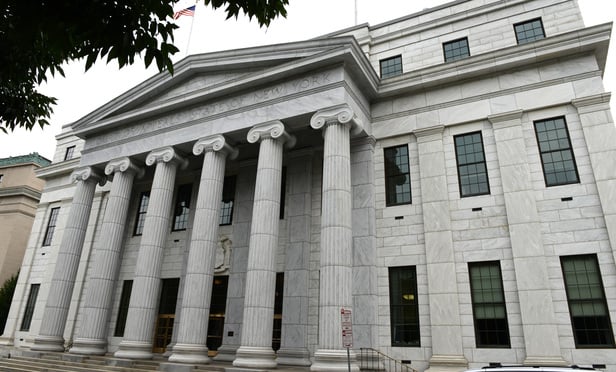Scientific research has established the existence of the “cross-race effect”—that people have greater difficulty accurately identifying those of racial backgrounds different from their own. The recent National Academy of Sciences report on eyewitness identification characterized the research supporting the cross-race effect as “generally accepted” in the scientific community. Among the Innocence Project’s 349 DNA exonerations, at least 42 percent of those involving mistaken eyewitnesses involved an eyewitness mistakenly identifying an innocent person of a different race—most commonly a white eyewitness mistakenly identifying a person of color. In a criminal justice system in which people of color are disproportionately represented, an instruction informing jurors of this increased risk of misidentification in all cases is essential. Indeed, in recent years, the highest courts of New Jersey and Massachusetts have mandated cross-race jury instructions. New York, like some other states, currently allows a cross-race jury instruction in the trial court’s discretion.
The former prosecutors and judges profiled in your article (NYLJ, March 20) are not alone in seeking to appear as amici in People v. Boone to urge the use of just such a jury instruction in all cases involving cross-race identifications. Other proposed amici include the Innocence Project, the American Psychological Association, the National Association for the Advancement of Colored People and its New York State Congress, the NAACP Legal Defense and Educational Fund, the National Association of Criminal Defense Lawyers together with a consortium of indigent defense providers, and the Legal Aid Bureau of Buffalo, Inc. That this range of diverse and well-respected organizations seek to file briefs in this case speaks to the magnitude of the risk of cross-racial misidentification, to the general consensus about the cross-race effect in the relevant scientific research and the view in the legal and scientific community that a mandatory instruction informing jurors of the risk of cross-racial misidentification can mitigate the risk. But this outpouring of support by proposed amici highlights another important development.
This content has been archived. It is available through our partners, LexisNexis® and Bloomberg Law.
To view this content, please continue to their sites.
Not a Lexis Subscriber?
Subscribe Now
Not a Bloomberg Law Subscriber?
Subscribe Now
LexisNexis® and Bloomberg Law are third party online distributors of the broad collection of current and archived versions of ALM's legal news publications. LexisNexis® and Bloomberg Law customers are able to access and use ALM's content, including content from the National Law Journal, The American Lawyer, Legaltech News, The New York Law Journal, and Corporate Counsel, as well as other sources of legal information.
For questions call 1-877-256-2472 or contact us at [email protected]



